The complexity of knowledge management and its rapid growth have left the field in disarray. Practitioners lack a common vocabulary and often neglect the theoretical underpinnings of their work. Here, knowledge management expert Patrick Lambe delves into the narrower area of knowledge auditing to clarify its language and trace the evolution of its practices. Lambe provides a pragmatic guide to current practice, bolstered by numerous case studies and a comprehensive review of the history and theory of knowledge auditing.
Knowledge managers can offer greater benefits to organizations by standardizing the practice.
Knowledge management (KM) benefits large organizations by allowing their members to work together across time and space. It supports systematic, thoughtful, informed decision-making that accounts for the organization’s broad interests and goals. However, KM practitioners typically face several challenges, some inherent to the task and some avoidable. The challenges inherent to the task include aligning the agendas and priorities of various parties within the organization; the ever-changing nature of the context in which knowledge managers work; and the invisibility of some aspects of knowledge use (for example, habits of thought ingrained in processes). In addition, KM works over a long time span, creating vulnerabilities to changes in staffing or leadership support.
The preventable challenges of KM often stem from the knowledge manager’s short-term or limited focus. The KM practice frequently fails to live up to theory due to the priority placed on operational needs and a lack of rigor in selecting practices and approaches. Few KM professionals understand...









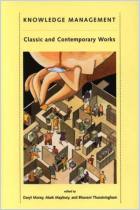
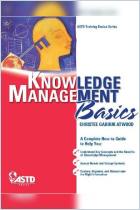
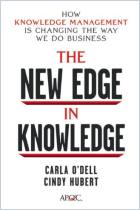
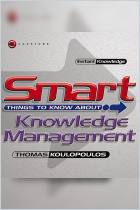
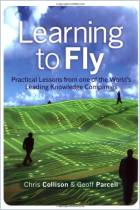
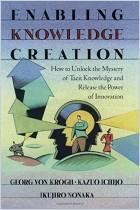



Comment on this summary or Démarrer une discussion